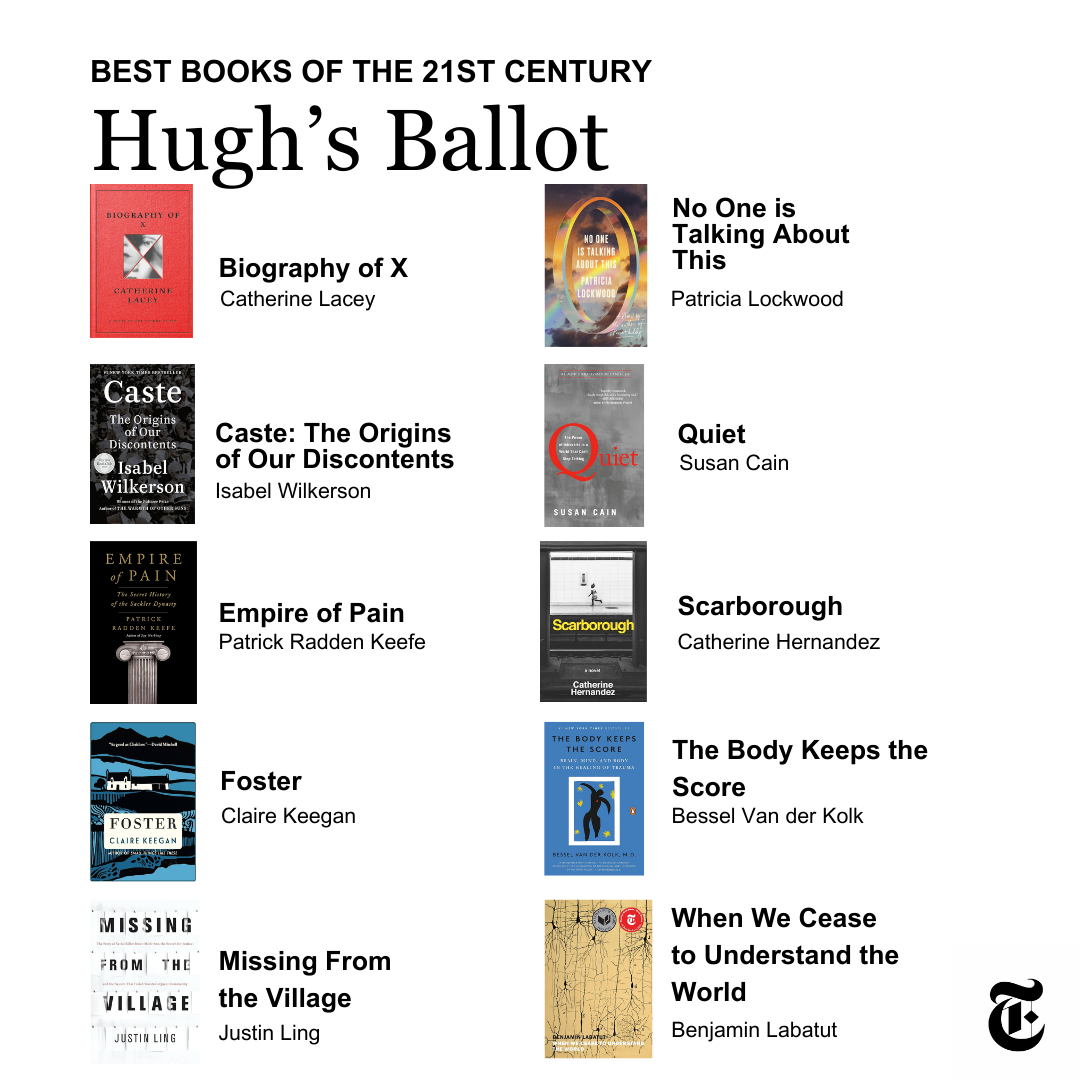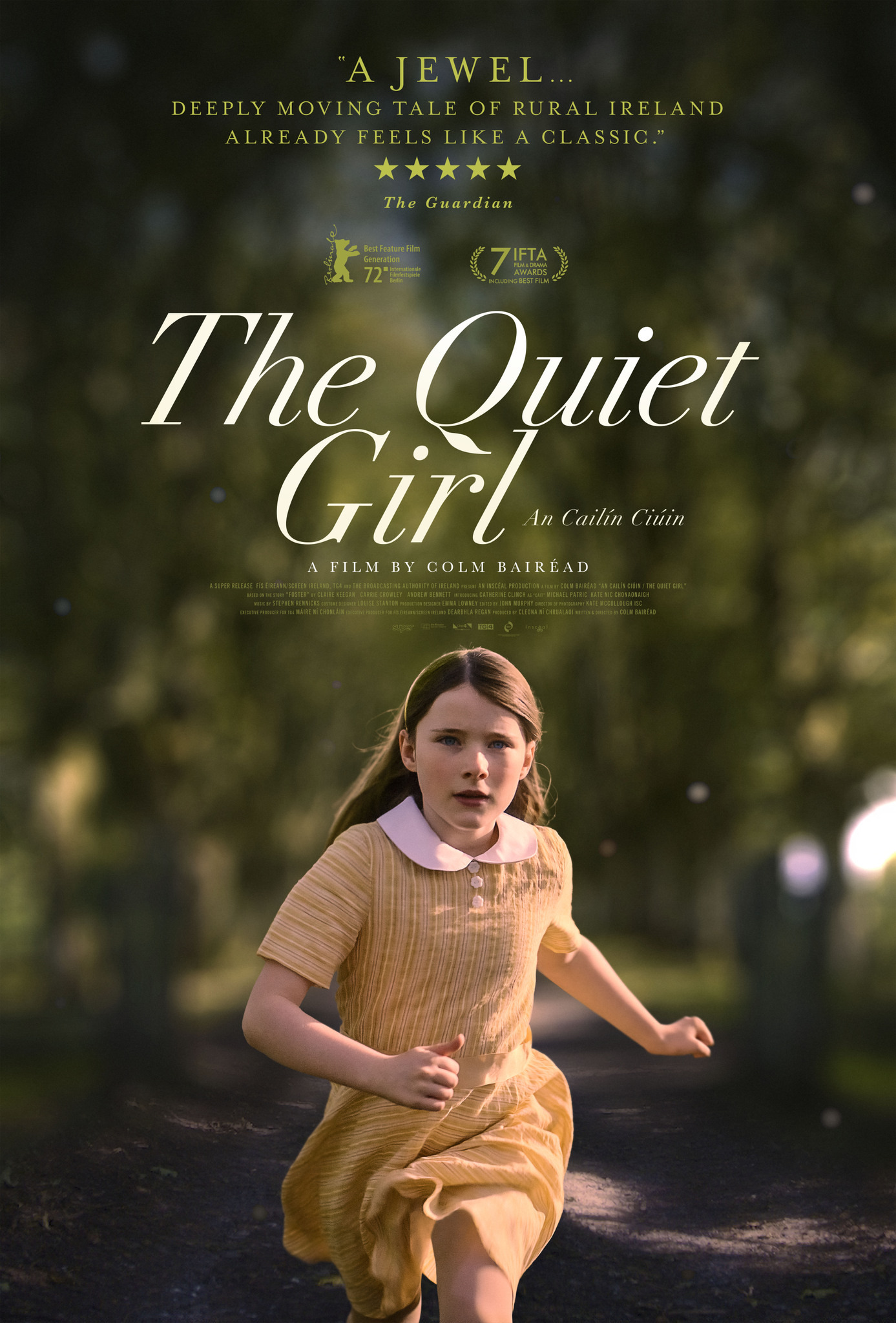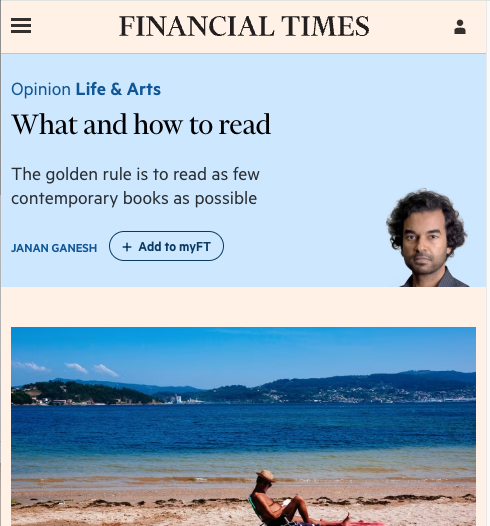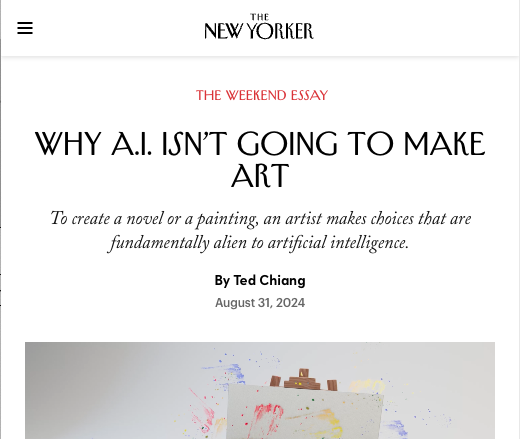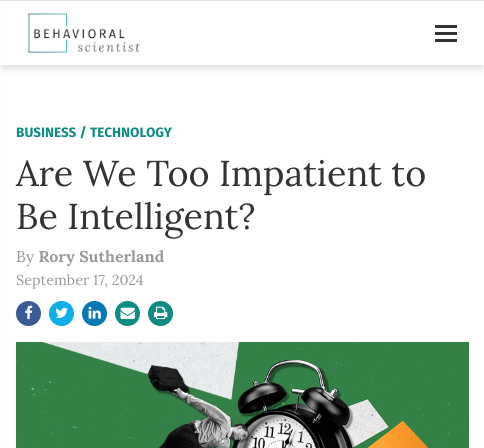NYT’s Best Books of the 21st Century is an impressive project and fun to nitpick. Plus NYT gift links so you can join the fun.
I’m going to pretend that my avid readers are clamoring for my opinion on the NYT 100 best books of the 21st Century (gift link). I won’t comment on the list until it’s done but what I will do is what Rosamond did, post my ten and a little pitch for each of what I consider the 10 best books since 2020.
First go read Rosamond’s post and subscribe to her Substack. She’s an excellent writer and when I grow up I want to write like she does.1
Now, on with the show:
Before we get going, a couple of incredible things to check out about the list:
They built this awesome sorting machine (gift link) for every book they consider ‘notable’ for each year of the 2000s. You can sort and filter by genre and year, and each book has a short synopsis. It reminds me of the NPR Book Concierge. I’m going to be referring to this for a long time.
There’s also a tool to let you make your own list (gift link), and you can even add books that aren’t on theirs. This is an impressive set of toys they’re sharing.
Anyway: on to my list. Naturally, my idiot brain has to make a method for it. So, let’s go to Goodreads and dump out a list of everything that I’ve entered there that was published after January 1, 2000.2
And? The list is 775 books long. Assuming a minute a page and 300 pages a book, that’s 3,875 hours (or 161.5 days) that I’ve spent reading books just from the last 24 years. In that time I’ve also read a ton of books from before then. Let’s not think about it. It’s not interesting anyway.
Hugh’s best books since 2020
After a lot of deliberation, three spreadsheets, some decisions I would probably reverse if asked, here’s my ten, using this Canva template that’s better than the NYT one above:

And a little thing about each of them about why they made the list:
Biography of X by Catherine Lacey – When I wasn’t reading this book, I was thinking about it. It’s ambitious and layered and complicated and the second I finished it I started looking forward to reading it again.
Caste: The Origins of Our Discontents by Isabel Wilkerson: This changed the way I look at the world, and I think about it all the time, even years after reading it.
Empire of Pain by Patrick Radden Keefe: Keefe is a deserving rockstar because of this, and it has done concrete things to help the victims of the Sacklers’ greed
Foster by Claire Keegan: This made me feel like my dad was in the room with me. It’s a perfect book
Missing From the Village: The Story of Serial Killer Bruce McArthur, the Search for Justice, and the System That Failed Toronto’s Queer Community by Justin Ling: This book does a great service to the victims of the serial killer. I know Ling, I have interacted with Bruce McArthur, and a relative was one of the cops on the case.
No One is Talking About This by Patricia Lockwood: I’ve never gone from hating a book to loving a book like I did between the two parts of this one. It’s really breathtaking. Nobody writes feelings like Lockwood
Quiet by Susan Cain: This was the missing user’s manual for my adult self. I still refer to it, more than a decade after it was published.
Scarborough by Catherine Hernandez: My stealth pick. It’s a book about a handful of families in Canada’s most diverse community. It’s rough and imperfect, just like the city it profiles.
The Body Keeps the Score by Bessel Van der Kolk: I have several close family members wiht trauma and mental illness, and this book helped me understand a lot about it all.
When We Cease to Understand the World by Benjamin Labatut: Nerdy, consuming and scary – how much is fiction? How much is real? Who cares, it’s flawless.
Opinions? Feedback? Smartass remarks?
Comment below or find me and yell at me directly.
1I’m pretty sure I’m older than her. (back)
2 This isn’t even a comprehensive list! I was reading things long before I joined Goodreads in 2016, and while I’ve added a bunch of books I read before then, it’s fully not complete. (back)

